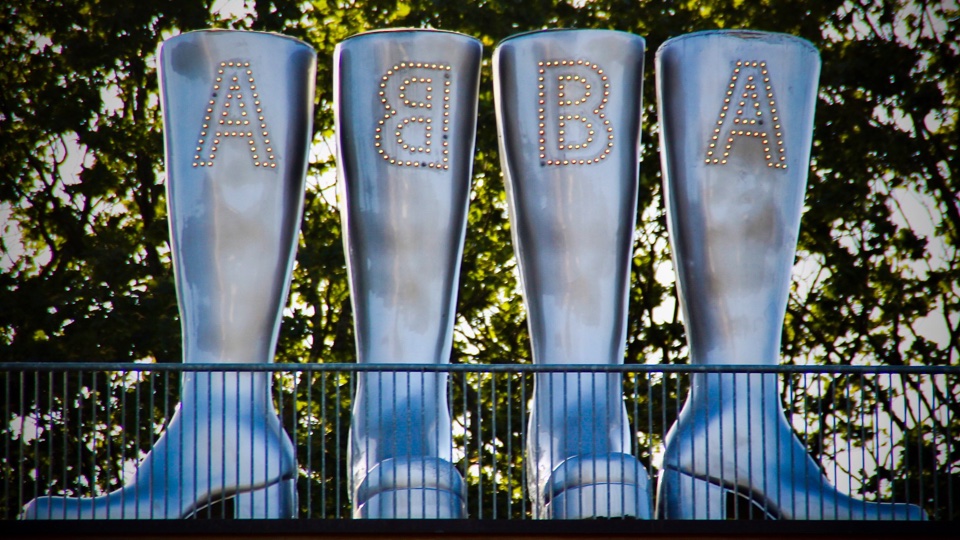With the release of their ninth studio album ‘Voyage’ the various members of Abba have been making the media rounds, and naturally the subject of the Eurovision Song Contest has come up. It’s generated some wild headlines (“ABBA offer to write UK’s Eurovision Song Contest for Dua Lipa” is one of my favourites) and the latest attempt to generate some controversy has attempted to pit Eurovision legends against Eurovision legends.
Abba’s Anni-Frid Lyngstad has said she is “not so interested [in Eurovision] because it has changed so much over the years and it’s not what it was at that time.” Comments promptly put to Måneskin at the MTV EMA awards. In reply, lead singer Damiano David has given the community one of the best messages possible.
“Everything changes.”

Måneskin playing Obihall, in Firenze (cc Flickr / Valentina Ceccatelli)
The Eurovision Song Contest is nothing but change. Given it was partly designed to be a testbed of new technology, once that broadcast technology had been brought into general use, the Contest moved onto the next big thing, a process that continues to this day.
That could be through the principle of a live event to test international broadcasts in the fifties, introducing colour broadcasts, giving broadcasters practical experience with realtime satellite uplinks, debuting and testing televoting, working on camera technology for live HD broadcasts, using the internet as a transmission network for 4K video, and much more.
Just as the technology behind the Song Contest has been in a constant mode of change, so has the presentation of the Contest, the trends it reflects, and the expectations of the audience. No longer is the audience specifically invited, and requested to attend in evening wear; the orchestra has moved on; and staging has moved beyond a simple microphone in front of a painting of a recognisable landmark (almost… France is still working on this).
The list of changes covers pretty much every element of Contest, even though the Contest still feels connected to the first edition in 1956. Without change there would be no Contest today. Change is one of the core strengths of our Contest, and one of the reasons why we still have a Contest sixty-five years after that first show in Lugano.

The Abba Museum’s Boots (cc Flickr / Martin Wippel)
Context is of course everything. Written down and shorn of the full interview, Lyngstad’s quote could be read as an angry rant at a cloud, the wistful lament of a love lost to time, or an excited rallying call to march to the future. That’s what change is. It’s exciting, it’s scary, its transformative, it’s pushing forward, and more.
Given a magical wand there would be elements I would love to see back at the Song Contest. The changes that have brought more entertainment to the show that have made it harder to create a level (or least a fair) playing field if it was a pure competition are understandable but do sit somewhat awkwardly. I would love the language rule to make a return so there’s a greater sense of place in the songs that we hear, rather than the commercial sound that can be heard all over Europe (there’s a reason The Weekend’s ‘Blinding Lights’ crossed borders and was a hit all over Europe last year).
At the same time change has brought us a far more engaging experience that can shine a light towards the future for broadcast entertainment. The Contest offers a sense of community and belonging that stretches around the world. It’s a place where artists from the smallest villages can compete on the same stage as those from the musical meccas of the western world.
There’s even the access to the music of not just the Song Contest, but all the National Finals, the artist discographies, and the potential to find all of the songs that make up the year, rather than hoping that Ripping Records will get a 7-inch copy of Bardo’s ‘One Step Further’ in stock the following week.
Anni-Frid is right, the Eurovision Song Contest is not what it was. Damiano is right as well, everything changes at the Song Contest.
Isn’t change wonderful.









